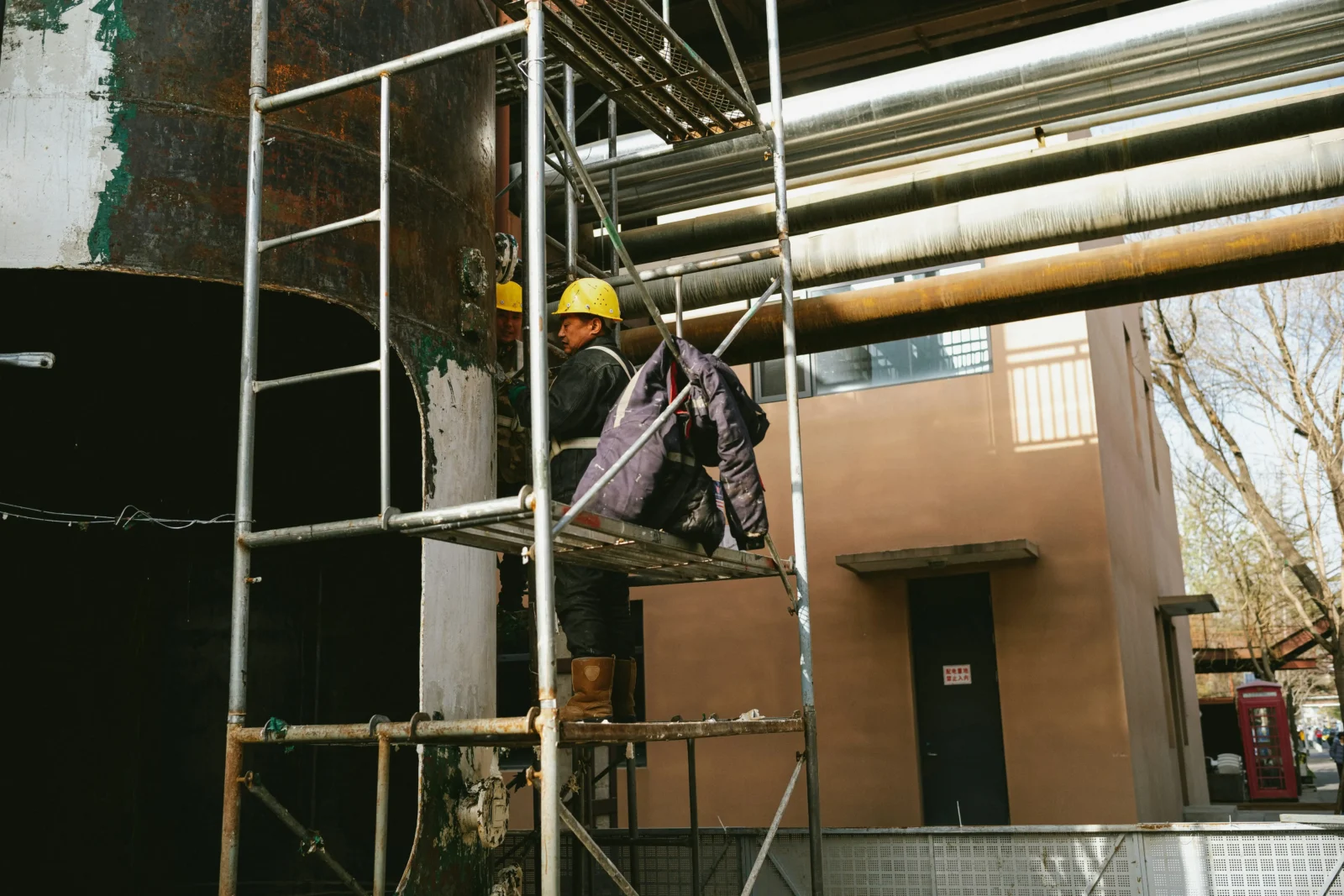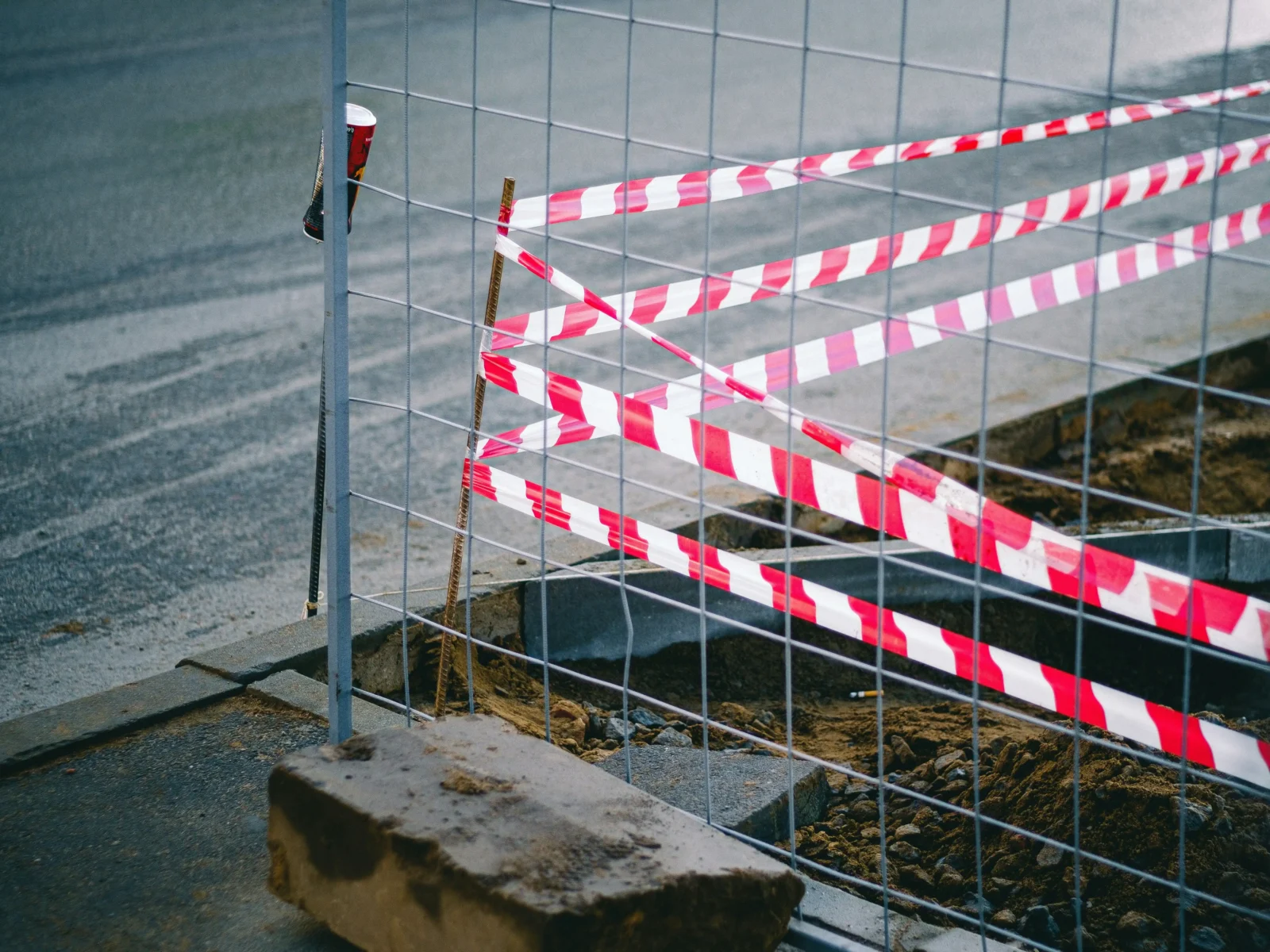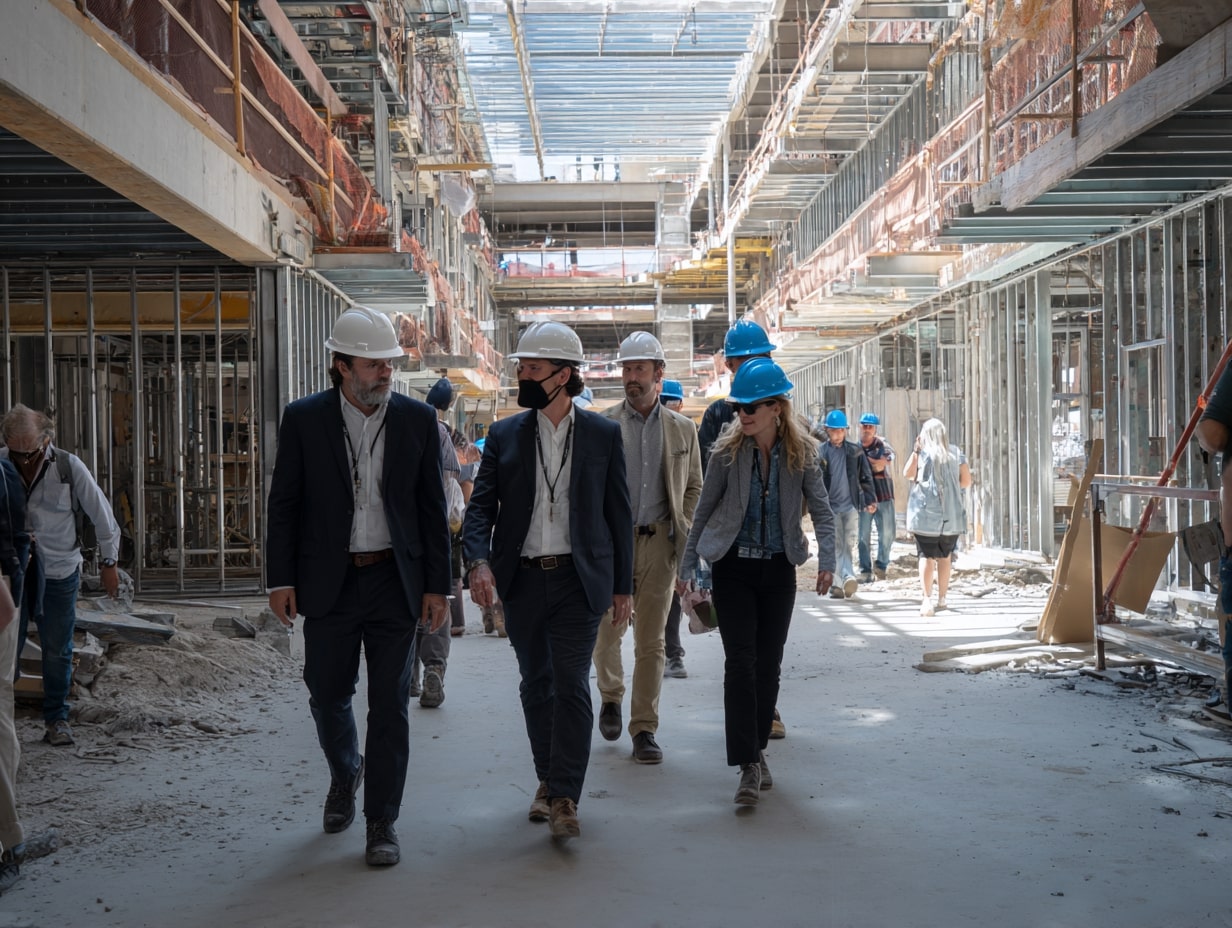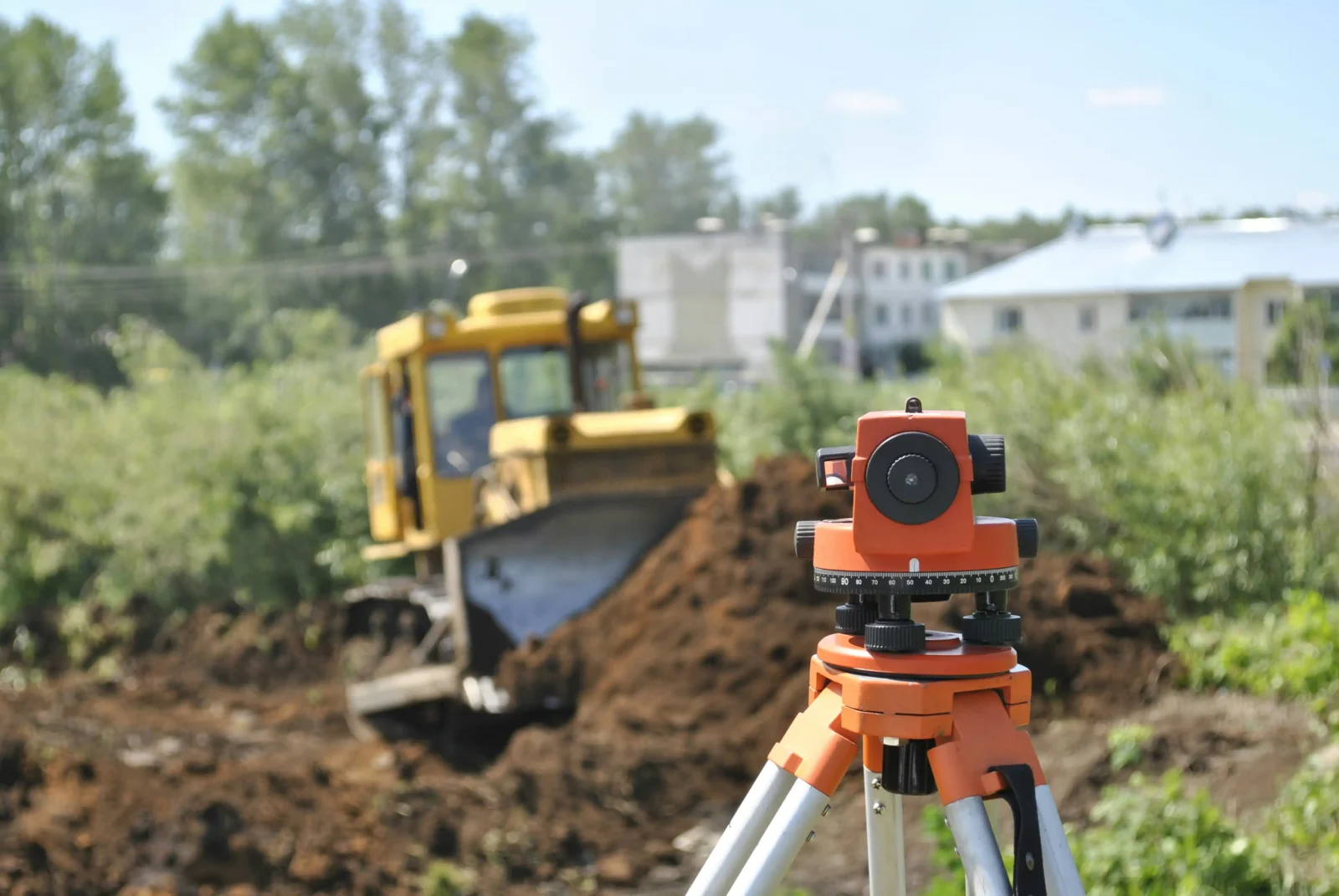- Home
- Articles
- Architectural Portfolio
- Architectral Presentation
- Inspirational Stories
- Architecture News
- Visualization
- BIM Industry
- Facade Design
- Parametric Design
- Career
- Landscape Architecture
- Construction
- Artificial Intelligence
- Sketching
- Design Softwares
- Diagrams
- Writing
- Architectural Tips
- Sustainability
- Courses
- Concept
- Technology
- History & Heritage
- Future of Architecture
- Guides & How-To
- Art & Culture
- Projects
- Interior Design
- Competitions
- Jobs
- Store
- Tools
- More
- Home
- Articles
- Architectural Portfolio
- Architectral Presentation
- Inspirational Stories
- Architecture News
- Visualization
- BIM Industry
- Facade Design
- Parametric Design
- Career
- Landscape Architecture
- Construction
- Artificial Intelligence
- Sketching
- Design Softwares
- Diagrams
- Writing
- Architectural Tips
- Sustainability
- Courses
- Concept
- Technology
- History & Heritage
- Future of Architecture
- Guides & How-To
- Art & Culture
- Projects
- Interior Design
- Competitions
- Jobs
- Store
- Tools
- More
7 Essential Factors for Buying a Home Under Construction

Purchasing a home still under construction presents a unique set of considerations that differ from buying a ready-to-move-in property. While the prospect of tailoring details to your liking is enticing, it’s essential to keep a clear head and pay attention to specific factors that will ensure you’re making a wise investment.
Whether you’re a first-time homebuyer or a seasoned property investor, understanding these elements can make the difference between a dream home and a problematic project. Let’s explore the seven essential factors you should keep in mind when buying a house under construction.

Table of Contents
ToggleUnderstanding the Developer’s Track Record
Before you commit to a purchase, it is crucial to thoroughly investigate the developer behind the project. Look for a reliable builder with a proven track record of timely completion and consistently delivering high-quality construction. Take the time to analyze their past projects and speak to previous customers to gain insights into their workmanship and reliability. Additionally, it is essential to check if the developer has had any legal disputes or issues in the past. This information can provide valuable insights into their professionalism and integrity.
To further ensure confidence in the developer’s ability to deliver your future home as promised, look for signs of financial stability. Ongoing projects and positive reviews from the market are indicators of a developer’s financial strength, which can give you peace of mind knowing that your investment is in capable hands.
Analyzing the Location and Its Future Prospects
The location of your future home is pivotal not just for your day-to-day convenience but also for its potential appreciation in value. Look beyond the current state of the surrounding area and research planned infrastructure like schools, hospitals, and transportation links. Consider environmental factors, potential for development, and urban planning initiatives that could affect the locality, and in turn, the quality of your life there.
Evaluating the Project Plans and Permits
Inspect all the available plans, permits, and legal documents related to the project. Confirm that the project complies with zoning laws and has the necessary construction permits. This assessment prevents any future legal complications that could hinder the project’s completion or lead to financial losses. Pay special attention to the floor plan of your unit, ensuring it meets your needs in terms of space, functionality, and design aesthetic.
Reviewing the Quality of Construction Materials
Aesthetic details may catch your eye, but the quality of construction materials will determine the longevity and safety of your home. Research the materials being utilized for structural, electrical, and plumbing work – they should comply with industry standards and regulations. Do not hesitate to ask the builder for specifics about the suppliers and warranties offered on the materials.
Assessing Financial Arrangements and Payment Plans
Scrutinize the financial structure of the deal, including the payment plan, additional costs, and penalties in case of delays. Understand what happens if your financial situation changes or if the builder doesn’t uphold their timeline. Transparent and fair conditions can protect you from unexpected expenses and offer some security in a project that can take years to complete.
Recognizing Construction Timeline and Delivery Date
Having a transparent timeline is crucial when it comes to planning your move and effectively managing expectations. It’s important to ensure that the builder you choose has a strong reputation for consistently delivering on schedule. Additionally, it is advisable to clarify what compensation is offered in the event of any unforeseen delays, including provisions within the option to cancel a property contract if necessary, ensuring you understand the financial implications and protections available should such circumstances arise. By having regularly updated timelines, you can closely monitor the progress of your project and promptly address any concerns that may arise along the way, thereby making informed decisions regarding the continuation or cancellation of the contract within the parameters set forth by the sunset clause.
Gauging Amenities and Community Features
Assess the amenities and features promised as part of the community. These might include gyms, pools, parks, or security systems – weigh their importance against your lifestyle preferences and consider their maintenance costs. The value of community features extends beyond luxury, significantly impacting your quality of life and the property’s resale value.

Buying a home under construction can be an advantageous investment – often more affordable than purchasing a completed house and offering the opportunity for customization. However, it demands due diligence and an understanding of the intricacies of the real estate and construction industries. By considering these seven factors, you position yourself to make an informed and secure decision, one that leads to the keys of a well-built, long-awaited dream home. Stay thorough, stay curious, and let your path to homeownership be as solid as the foundation of your soon-to-be-constructed residence.
illustrarch is your daily dose of architecture. Leading community designed for all lovers of illustration and #drawing.
Submit your architectural projects
Follow these steps for submission your project. Submission FormLatest Posts
Specialised Construction Services: From Foundations to Site Clearance
The construction industry encompasses far more than building walls and laying bricks....
What Makes Certain Construction Accident Cases “High Value”
Construction accidents can cause injuries from minor sprains to serious, life-changing damage....
Construction Projects Key Skills for Effective Management
Construction projects key skills for effective management: a practical guide to scope...
Key Features to Look for When Investing in Construction AI Cameras
Continuous monitoring is crucial on construction sites for effective accident prevention. Artificial...












Leave a comment